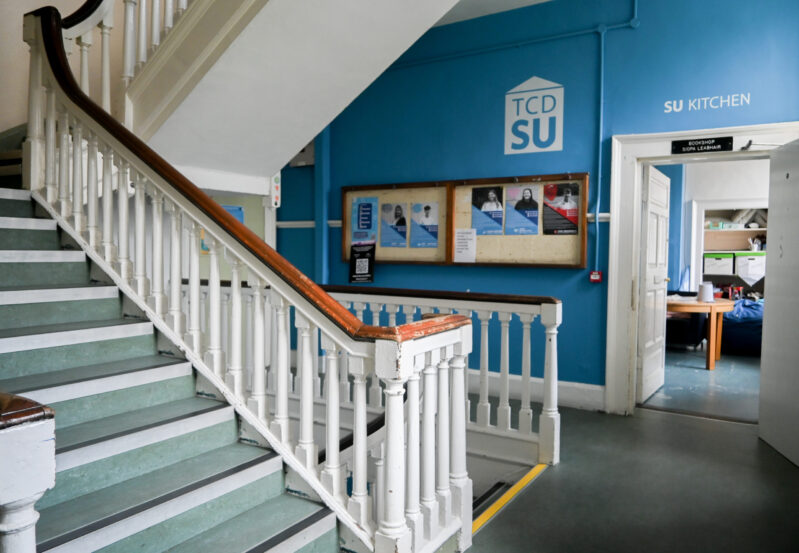
For those who’ve been living under a (Black)rock, Ross O’Carroll Kelly (RO’CK) is a rugby jock from Dalkey who’s been giving, like, zero focks for over twenty years. He was captain of the Castlerock College team that won the Leinster Schools Senior Cup in 1999 and, according to the Irish Times website, “it’s rare that a day goes by when he doesn’t mention it”. He first appeared in 1998, in the now-defunct Sunday Tribune to be pacific, and since then has been giving a voice to the famously down-trodden and under-spoken residents of South Dublin. The dude’s continued doing this in his Irish Times column and series of 23 novels, the most recent of which, Camino Royale, was published this August, fair focks to him.
Though it’s mostly a lampoon of Dublin’s most affluent and affected, the series has chorted Ireland’s changing fortunes over the last two decades. In a way, it tells the story of the Celtic Tiger, from its huge excesses, to its eventual collapse and the aftermath. Initially this Paul Howard dude, who’s supposably Ross’s biographer, “wanted to infuriate the people he was satirising”. But South Siders, being a bookish bunch, ended up becoming his main audience, which is probably a back-handed compliment meaning that his portrayals of their lack of self-awareness and hypocrisy are fairly bang on.
And, in the same way that RO’CK’s fashion style of Dubes, chinos and quiff, has remained lorgely the same over the years, the writing style and subject matter is mostly unchanged. And that’s all good with me — the style is a major highlight in my books. Those expecting Ross to use a — yeah, no — simile to liken the flight of the Gilbert between the posts to that of some graceful bird will be in for a bit of a let-down. What there is a lot of is birds with great top tens, as the Rossmeister General is a man who’d make that Casanova dude look as frigid as a nun. If you had to give him, like, a ‘real life’ equal for his sexual exploits it’d probably be Lord Byron—except that he wasn’t thick as shit? Anyway, he writes in a—I think it’s a word—vernacular style? He’s basically a South Dublin Philip Marlowe, but slow on the uptake—yeah, no, famously so? That is, he uses a load of slang from the mean streets of, in fairness, Dalkey. Sometimes he uses, like, italics and question morks to give statements the questioning intonation you sometimes hear? Besides that, we’re have what four-eyed linguists would call ‘eye dialect’, so that, instead of ‘car’, it’s cor. Instead of ‘Dart’, it’s Dorsh. Instead of ‘fuck’, it’s fock, (which he uses everywhere, fair focks to him). All of this and the way it’s, like, written in the present tense and first person makes it feel like you’re in his local, The Bridge 1889, listening to the dude tell you the story over a rake of Heinos. If I had a complaint it’d be that he uses single quotation morks (‘ ’), which are easy for the eye to skip over, as opposed to the double ones (“ ”). Then again, maybe the goy just wants every piece of dialogue to be between a little 69.
At the stort of Camino Royale, Ross is in seriously deep S.H.1.T. After taking his orse out in a pub in Cork in the previous book, he’s been cancelled. His wife, Sorcha, has cast him into exile with his half-sister, Erika, on the Ailesbury Road. For various reasons his friends turn their backs on him one by one. But then, from beyond the grave, Father Fehily, their former principal and rugby coach (and big fan of Mein Kampf and its author), sends them on a mission to walk the Camino. Besides this, Ross’s father, Charles O’Carroll Kelly (a man who’d make Charlie Haughey look honest) is the Taoiseach and just enacted Ireland’s exit from the EU: Irexit.
Basically it’s a cracking read. You won’t grow too many brain cells by reading it, nor will you find lyrical descriptions or complex vocabulary. What you should find is a good few laughs at the expense of those who can best afford it.






